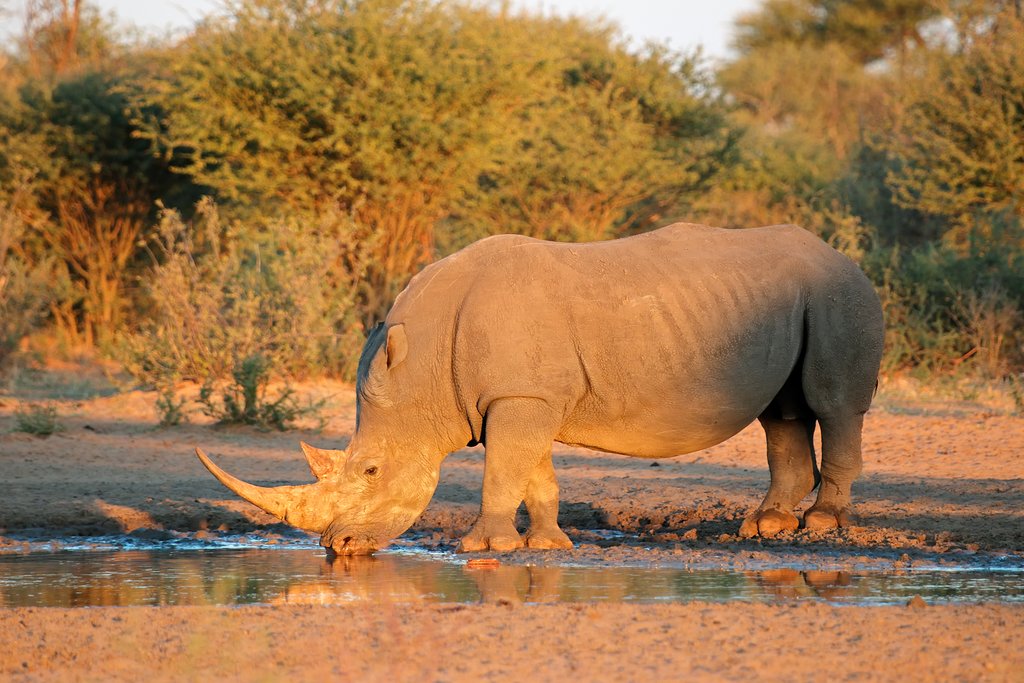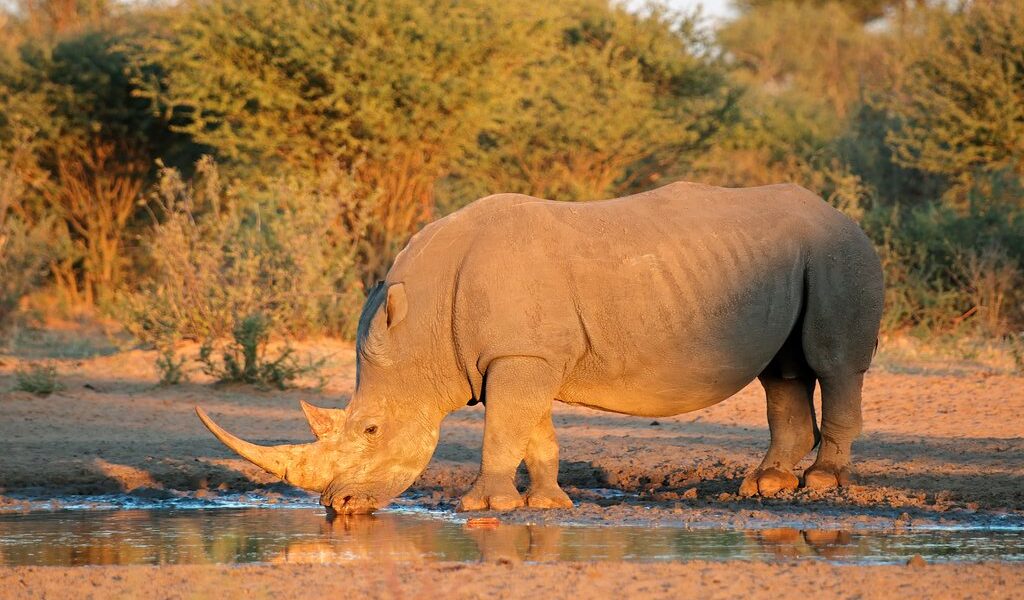
Spring is in the air. Temperatures are rising throughout the country, whale-watching is at its peak off the southern coast, and wildlife viewing is at a prime as many animals give birth. And September offers a last chance to admire the wildflower takeover of the Western and Northern Cape provinces. It’s a good month to vacation anywhere in the country and a great time to combine regions.
## South Africa in September: A Comprehensive Travel Guide
September in South Africa marks a delightful transition, offering a unique blend of pleasant weather, fewer crowds (with a few exceptions), and exceptional opportunities for wildlife viewing and scenic exploration. This shoulder season provides a sweet spot for travelers seeking memorable experiences without the peak season rush. Let’s delve deeper into what makes September an ideal time to visit this diverse and captivating country.
**Weather Patterns Across the Regions**
While the heavy rainfall that characterizes the winter months in the **Western Cape** begins to subside, other parts of the country experience their own weather shifts. **Johannesburg** and the area surrounding **Kruger National Park** start to witness occasional showers. These showers, often accompanied by the first afternoon thunderstorms of the season, can bring a welcome, early burst of green to the landscape, particularly in the game parks, which have endured the dryness of winter. Despite the potential for these brief showers, they are generally unlikely to significantly impact the overall safari experience, and most days will remain clear and sunny.
The temperature trends are also evolving. The nights in the northern game parks, including **Kruger National Park**, are becoming noticeably warmer, a welcome change after the cooler winter evenings. However, it’s important to note that early mornings can still be quite chilly, so packing layers is advisable. In contrast, **Cape Town** experiences a mixed bag of conditions. Despite the overall warming trend, both days and nights can still feel cool, especially compared to the northern regions. Further up the coast, **Durban** and the broader region of **KwaZulu-Natal** are increasingly subject to rainy afternoons, which in turn reduces the amount of sunshine hours.
To provide a clearer picture of the typical temperatures you can expect, here are some average figures: **Cape Town** typically sees an average temperature of around 66°F (19°C). **Johannesburg** enjoys a slightly warmer average of 73°F (23°C). Finally, **Kruger National Park**, known for its warmer climate, averages around 84°F (29°C) in September. Remember these are averages, and daily variations are possible, so check the specific forecast closer to your travel dates.
**Navigating the Crowds and Costs**
Generally speaking, tourism levels are relatively low during the September shoulder season. This translates into reasonable availability of accommodation options and potentially lower prices compared to the peak summer months. However, there are a couple of important exceptions to keep in mind. **Kruger National Park** and other game parks located in the northern regions remain a highly desirable destination due to the exceptional game-viewing opportunities available at this time of year. Similarly, the **West Coast** becomes a popular draw for travelers eager to catch the tail-end of the wildflower season.
It’s also crucial to be aware of a surge in local tourism that typically occurs during the short spring school holiday in late September. As South Africa eagerly anticipates the arrival of summer, many families take advantage of this break to travel and explore the country. This holiday period often coincides with the **Hermanus Whale Festival**, a major event that attracts massive crowds to the **Garden Route**. If you are planning to visit these areas during this time, it is highly recommended that you book your accommodation and any tours or activities well in advance to avoid disappointment. Fortunately, the beach resorts of **Durban** and **KwaZulu-Natal**, located further north, tend to remain relatively peaceful during this period.
**Prime Destinations to Explore**
September is widely regarded as the absolute best month for game viewing in **Kruger National Park** and other northern reserves. The reason for this is simple: the long, bone-dry end-of-winter months, combined with the effects of animal grazing, have reduced the amount of foliage cover to a bare minimum. This makes it much easier to spot animals as they move through the landscape. Furthermore, the concentrations of wildlife around perennial waterholes reach their peak during this period as animals seek out reliable sources of water. This creates exceptional opportunities for observing a wide range of species in close proximity. There is truly no better time to try and spot elusive predators like leopards and cheetahs. The rising temperatures and humidity, alongside the potential for the first dramatic afternoon thunderstorms, only add to the overall excitement and atmosphere of a safari in September.
September also presents a final opportunity to escape the intense heat of the approaching summer in the Kalahari region. If your goal is to witness the magnificent black-maned lions of the Kalahari, consider a visit to **Tswalu Kalahari Private Game Reserve** or the **Kgalagadi Transfrontier Park**. In addition to wildlife viewing, these destinations offer the unique opportunity to interact with the San Bushmen, learning about their ancient culture and traditions. To maximize the enjoyment of your trip, consider embarking on a road trip through the central **Karoo** region and along the **West Coast**, allowing you to witness the last of the wildflower blooms, including the internationally renowned **Namaqualand** daisies, which typically reach their peak bloom in late August and early September.
With the winter downpours gradually fading away, September is an excellent time to plan a scenic drive along the incredible **Garden Route** coastline. Make sure to include a detour inland to explore the breathtaking **Cango Caves**, a fascinating network of underground caverns adorned with stunning rock formations. Southern right whales can still be observed around **Plettenberg Bay**, offering unforgettable whale-watching opportunities. Further along the coast, beyond **Port Elizabeth**, **Addo Elephant National Park** and other game reserves scattered throughout the region provide excellent wildlife viewing experiences without the heavy crowds typically seen during the peak season. Another advantage of traveling during this time is the availability of excellent value-for-money accommodation options.
**A Range of Activities to Enjoy**
September offers a fantastic opportunity to marvel at the panoramic view from the summit of **Table Mountain** in **Cape Town**. Take a ride on the scenic cableway, famous for its rotating cabins that provide 360-degree views, and then embark on one of the many hiking trails that crisscross the mountain. Keep an eye out for the adorable rock hyrax, also known as dassies, and make sure your camera is ready to capture their antics. The weather in September is often ideal, providing a “Goldilocks” experience that is neither too hot nor too cold. For a unique and nostalgic experience, consider taking a trip on the vintage Atlantic Rail steam train, which was built in 1949. This train offers a luxurious 6-hour round-trip journey between **Cape Town** and **Simon’s Town**, following the picturesque coastline of False Bay and passing through the charming villages of St James and Kalk Bay.
For those who enjoy water-based activities, consider driving along the **Garden Route** to **Knysna** before the arrival of the summer crowds. The tranquil **Knysna Lagoon** is a paradise for anglers and a popular hub for activities such as stand-up paddleboarding, canoeing, and water-skiing. You might even consider renting a houseboat for a multi-day adventure upriver. With the whale-viewing season reaching its peak off the **Western Cape**, Knysna is an excellent location for taking a boat trip to get up close and personal with humpback and southern right whales. For the adrenaline junkies, a bungee jump off the iconic **Bloukrans Bridge** is a must-do activity.
**September Events to Experience**
* **Heritage Day, nationwide:** Celebrated on September 24th, this national holiday, also known as “National Braai Day,” is a celebration of South African cultural heritage, with numerous events taking place across the country.
* **Hermanus Whale Festival, Hermanus:** This popular festival draws crowds to Hermanus in late September for a three-day celebration of whales, music, street parades, arts, culinary delights, “eco-marine” exhibitions, and whale-watching activities. Be sure to book accommodations well in advance.
* **Royal Reed Dance Festival, Nongoma:** This spectacular and colorful four-day event in Nongoma, KwaZulu-Natal, is a rite of passage for thousands of young Zulu maidens who parade in traditional costume. Led by the chief princess, each carries a symbolic reed, representing the Zulu people’s origin.
By visiting South Africa in September, you’re positioning yourself for an unforgettable travel experience, marked by optimal wildlife viewing, pleasant weather conditions, and fewer crowds than you might expect in peak season. It is a time of transition and growth, mirroring the beautiful landscapes and diverse cultural heritage of South Africa itself.
B-2299

